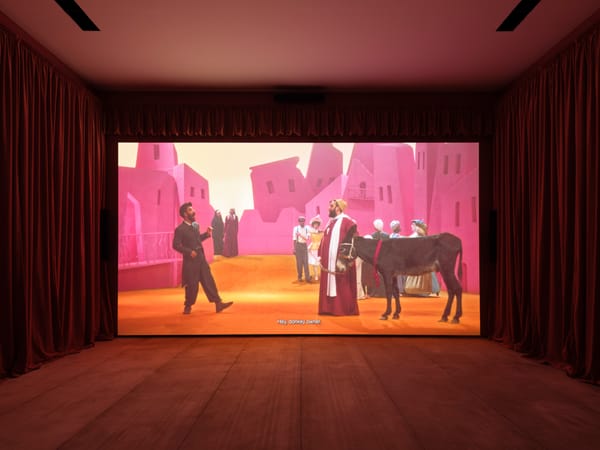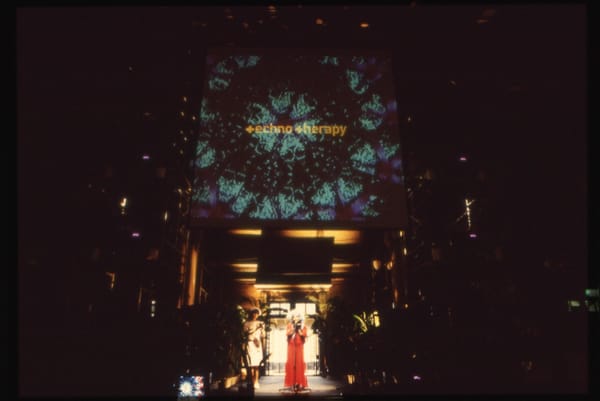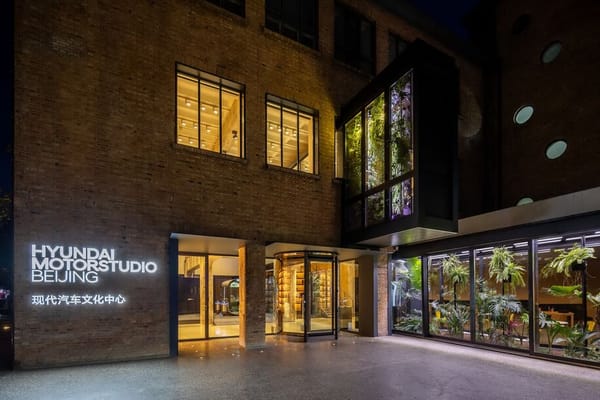Ideas
Echo Chambers: Take Your Time
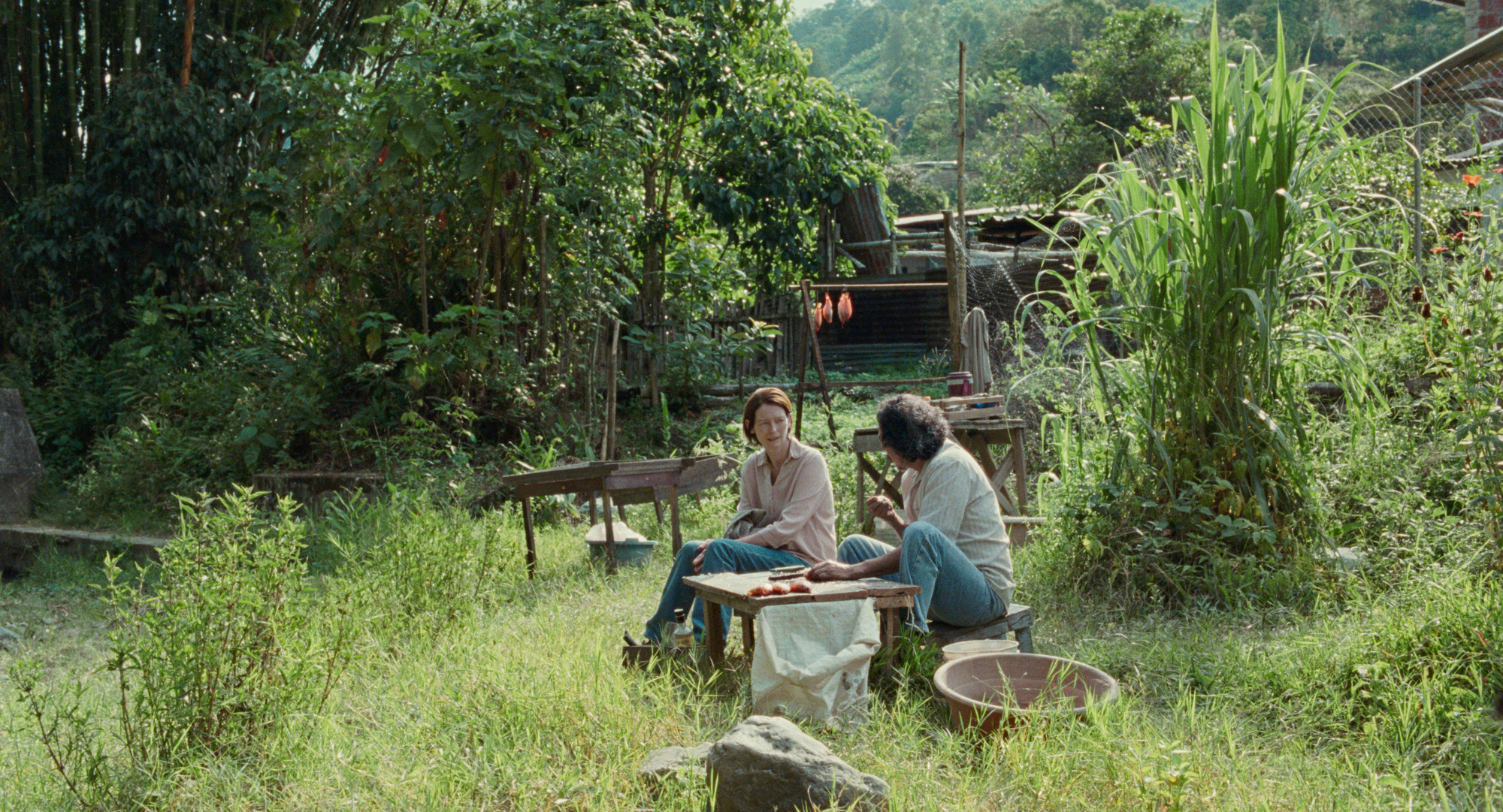

“You need to be slowmaxxing. You need to be reading long, fat books. You need to be making 48-hour chocolate chip cookies. You need to spend hours watching wildlife. you need to spend 15+ min making your coffee. You need to breathe in and breathe out. You need to be slowwwwwwwwww.” @robyns_quill prescribes in a tweet. As free time becomes more and more unaffordable, the cult of slowness returns. What is deceleration good for?

In her book The Atlas of AI (2021), researcher Kate Crawford construes AI as mechanized production pipelines: from 18th century meat factories to Amazon Fulfillment Centers, labor has been divided into menial tasks and automated in the pace of synchronized time clocks. Workers are reduced to “animal bodies” incapable of perceiving time beyond what’s at hand. Similarly, scholars like Jenny Odell and Byung-Chul Han mark that such optimization mindset has made its way into the individual—everyone is a fast-walking girlboss in an achievement society. Even leisure time is seen as a window for fulfillment. Such positivity leaves us no recess to “make the step from walking to dancing,” no time to just sit and yearn.
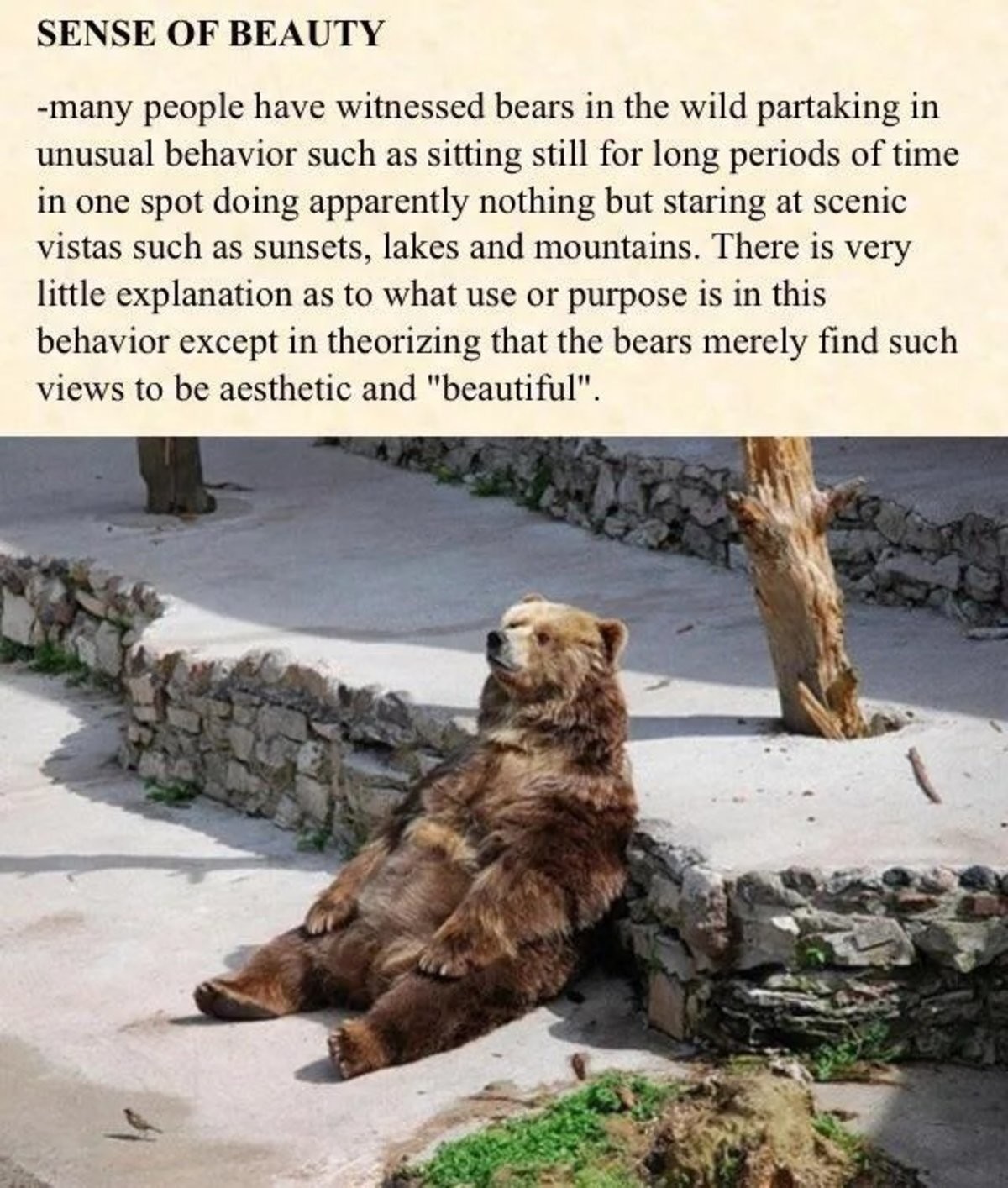
Indeed, we seek novelty at every turn, processing more bad takes in a scroll than a medieval peasant does in a lifetime. Jenny Odell advocates doing nothing to resist the attention economy and to truly encounter the Other rather than consuming it. Here, patience presupposes love—art historian Jennifer L. Roberts would instruct students to spend three hours looking at a painting. Such “massive temporal distortion engineering” turns mere contact into active learning, breaking open a new space with attention. Interestingly, she stresses on the importance of a museum setting that removes everyday familiarity and distractions—there is no salvation in Foxconn. Come to think of it, there is no peace in the last few art institutions I visited.
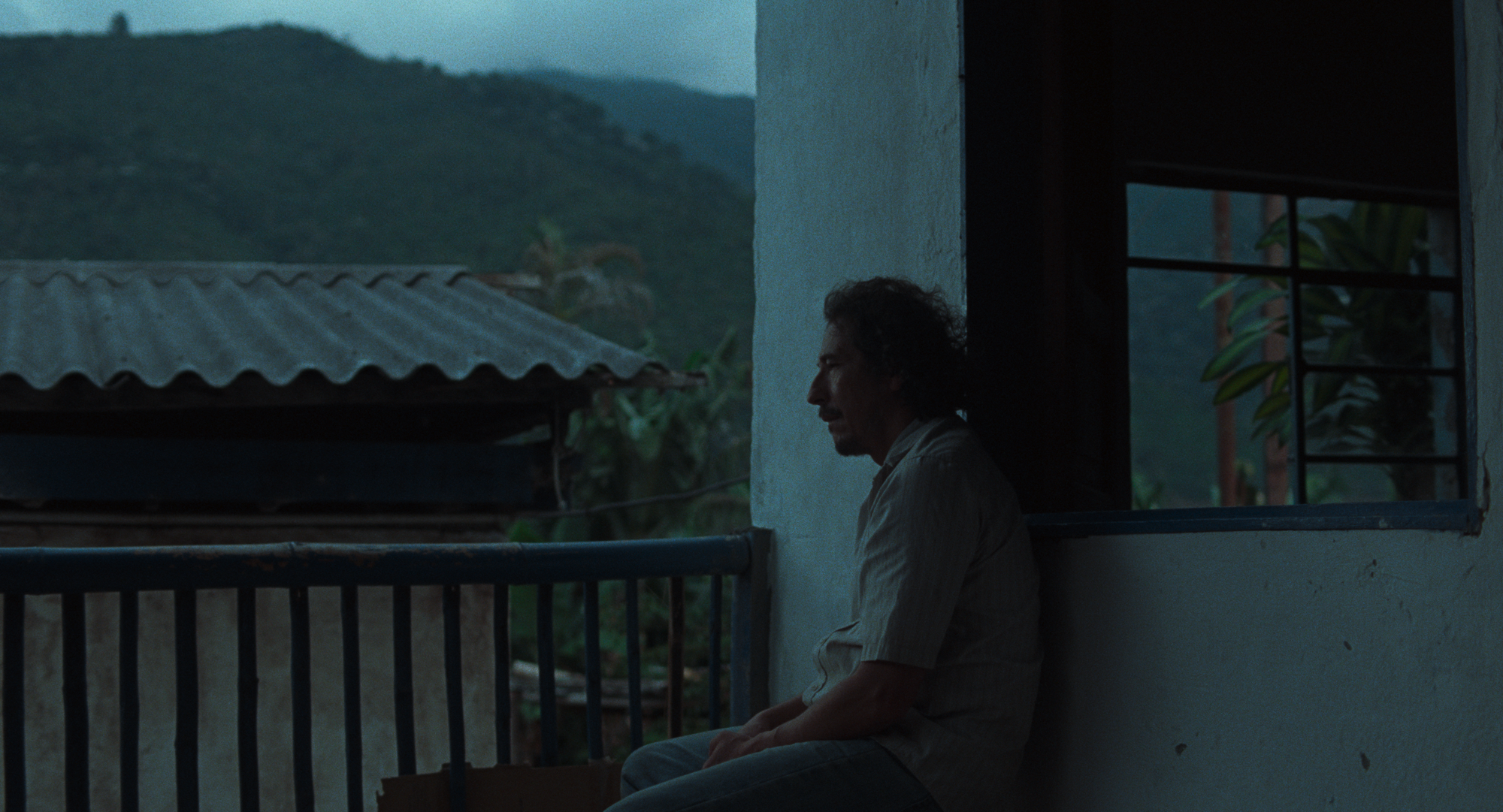
Still, there is more to culture. For director Apichatpong Weerasethakul, idleness is a way to microdose death and let it fill the god-shaped hole in the heart. Memoria (2021) follows a Scottish woman (Tilda Swinton)’s search for a terrestrial sound from city benches to Colombian mountain ranges, forcing viewers to listen to the universe with torturous slow cinema. Made during the pandemic, the film typifies society’s current exodus from blabbering culture to idyllic quietude. “Pengalaman itu berbahaya (Experience is dangerous),” said a fish scaler (Elkin Díaz). Perhaps culture as we know it is already extinct. All there is left to do now is practice attention-as-prayer.
I wonder if this philosophy can be merchandized. Slow living is a phrase perfect for PR as it challenges nothing. In addition to the problem of privilege, the rhetoric of belatedness is becoming a marketable trait. Like tech elites in Davos practicing psychedelic shamanism, perhaps rejecting society’s pace is a method of aesthetical signaling by the cultural imperialists, done in cottagecore dresses or post-cringe camouflage. Perhaps slow cinema would become a new kind of Marvel entertainment, a masturbatory détournement enjoyed by the time lords.

Curated by an ArtAsiaPacific editor, “Echo Chambers” is a biweekly blog that aggregates links and visual contents from the virtual realm.


